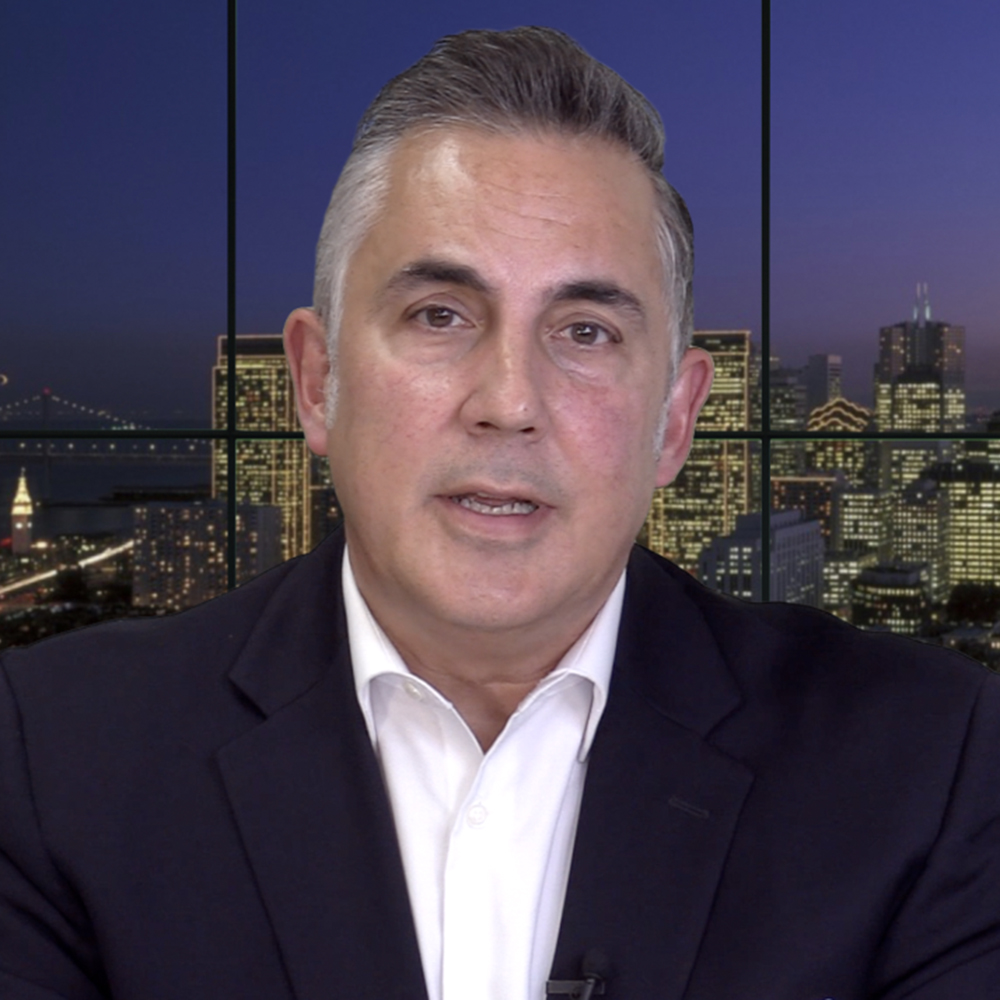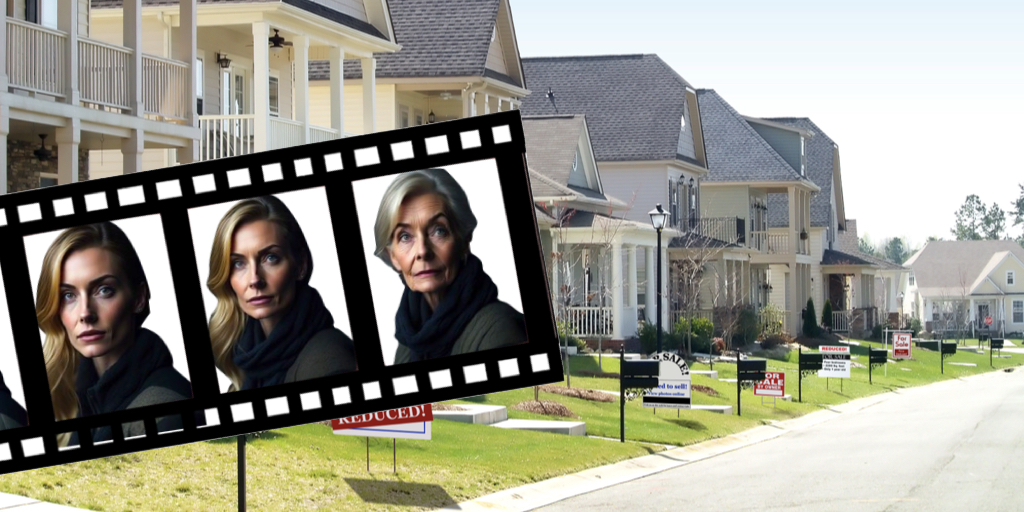“I look forward to being older, when what you look like becomes less and less an issue and what you are is the point”.
~ Susan Sarandon
 The inimitable Ellen DeGeneres closes each episode of her popular TV show with the invocation, “Be kind to one another.” I once read a novel called Before You Know Kindness, by best-selling author Chris Bohjalian. His title comes from the evocative poem Kindness, by Naomi Shihab Nye.
The inimitable Ellen DeGeneres closes each episode of her popular TV show with the invocation, “Be kind to one another.” I once read a novel called Before You Know Kindness, by best-selling author Chris Bohjalian. His title comes from the evocative poem Kindness, by Naomi Shihab Nye.
The events of recent weeks have led to an outpouring of kindness, as natural disasters of Biblical proportions shook the country and the world.
It’s instinctive to reach out when our world is literally collapsing around us. But how does kindness play out in our daily lives in less tumultuous moments? Can “kind” become the new “cool”?
One recent weekend morning, I witnessed an elderly man, toting a large box on the back of his bicycle, tip over in the street. Before I could even get to him, two other men (one middle-aged, one young) approached from different directions to offer aid. He was OK. They helped him back up, and he pedaled away. I got tears in my eyes as I said to them, “Thank you for being kind.”

Empathy for Elders
Kindness seems to be in shorter supply the more time-crunched we are, which also imperils its close cousin, empathy. BrainPickings.org creator Maria Popova opines, “Empathy is a clock that ticks in the consciousness of another. Our technologies are always prosthetic extensions of our consciousness — time, it turns out, is an innately social phenomenon not only in how it is measured, but in how it is experienced.”
She references New Yorker staff writer Alan Burdick, who says the body’s preparation to act, “is a measure of your ability to put yourself in another person’s shoes.” We absorb each other’s sense of time, which is encoded in our psychoemotional states, explains Popova. So, continues Burdick, “Perceiving or remembering an elderly person induces the viewer to reenact, or simulate, their bodily states, namely their slow movement. Our shared temporal distortions can be thought of as manifestations of empathy; after all, to embody another’s time is to place oneself in his or her skin.
“We bend time to make time with one another, and the many temporal distortions we experience are indicators of empathy; the better able I am to envisage myself in your body and your state of mind, and you in mine, the better we can each recognize a threat, an ally, a friend, or someone in need.”
Simon Sinek, whose Start With Why TEDTalk endeared him to legions of viewers worldwide, explains in this new presentation why empathy is essential for business leaders: “It’s not about being in charge, it’s about taking care of those in our charge.”
Medical futurist Bertalan Meskó, MD, PhD, agrees: the future is about empathy, not coding.
Small, Great Deeds
Just as the intervention by the two men I witnessed one Sunday took a scant few moments of their time, one LO suggests good deeds are not defined by how much of your time they consume, but by the quality of attention offered. He says, “It only takes a few seconds to be nice and considerate. I am a southerner and have lived in the South my entire life.
“Some years ago when I lived and worked in Tallahassee, I was entering a state government building with huge, heavy doors when a much older woman approached. My Mom raised me right, and I waited and held the door for her, knowing there was no way she could have managed without help. As she entered, she said to me, ‘Thank you, young man. You must be from South Carolina.’ Now that’s the southern way. I still hold doors open for people.
“It takes so little to extend kindness to others without being asked. It is the small things in life we should appreciate. Think of all the instances, regardless of our age, when a helping hand goes a long way. Nearly every day, we have an opportunity to show kindness in some way.”
Starting Young
He absolutely has the right idea — and so do others, who believe learning to be kind ought to start early. Think Kindness founder Brian Williams, a 4th degree Black Belt in martial arts, is on a mission to inspire “Kindness Ninjas” in schools across America. Schools have noticed a decrease in bully related incidents after taking his 15 Days of Kindness challenge.
Kindness is the bedrock of health and well being, regardless of age. How can you encourage greater kindness among everyone who interacts with your HECM clients, prospects, and the other seniors you know? For an elder, a simple act of kindness can make their day, week, month, or even lifetime. You never know the full extent to which a seemingly minor selfless act will affect a life.










3 Comments
Well, fair enough, I suppose. I mean, I guess the point is well taken, but it’s also a little like… sincerity? Okay, I can fake that. Kindness as a sales strategy? As a necessary attribute to leaders?
Quite a world we’re living in that warrants a reminder of the benefits of occasional kindness. I think the con artists have mastered the art of kindness and anyone that has to try… well, they’re missing, um, something.
Still, as I said, I can’t fault your core point even if it makes me shudder a little when reading it.
Martin,
Why would you want to “fake” kindness or sincerity? If you are unable to feel these emotions for those you serve, that is your work to master.
Elders deserve kindness not as a sales strategy, but as a sign of respect for them as human beings. The other day I was walking towards the door of the library when an elderly lady approached, using those walking sticks that resemble ski poles. I spontaneously said, “I have the privilege of opening the door for you!” She smiled and said, “That’s very nicely put.” It was not forced; the words flowed from my heart because I saw someone in need (albeit a minor one).
This is what I’m talking about.
Blessings,
Amara
I guess I don’t quire understand Martin Andelman’s comments. Being kind and considerate to others is something you do because you want to be helpful, not because you expect a reward from doing it. If you have to fake that in a sales call with an older couple, maybe you need to re-evaluate your priorities. Being sincere and keeping your client’s best interest in the forefront is a fiduciary obligation. Making a sales commission is secondary.